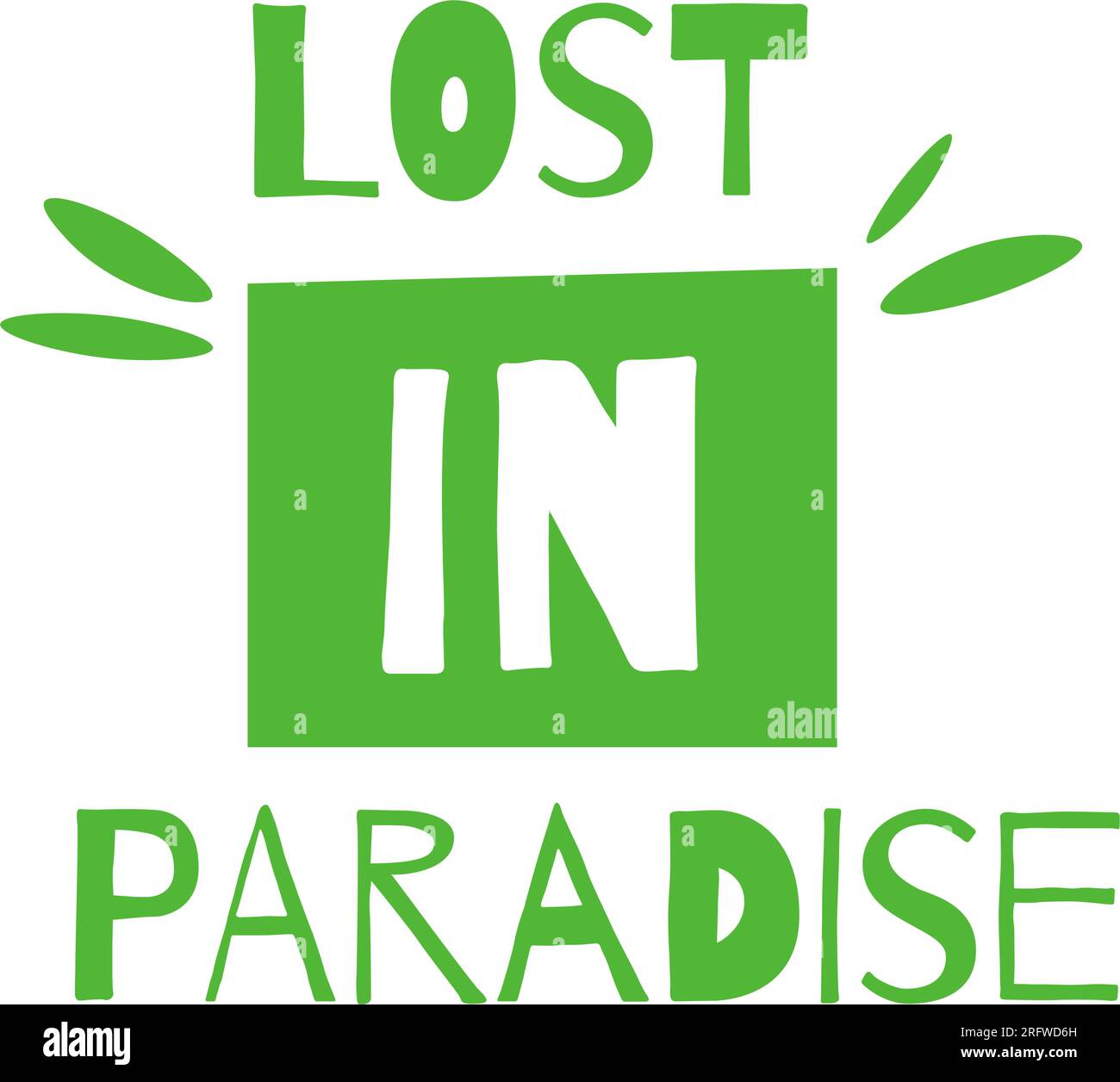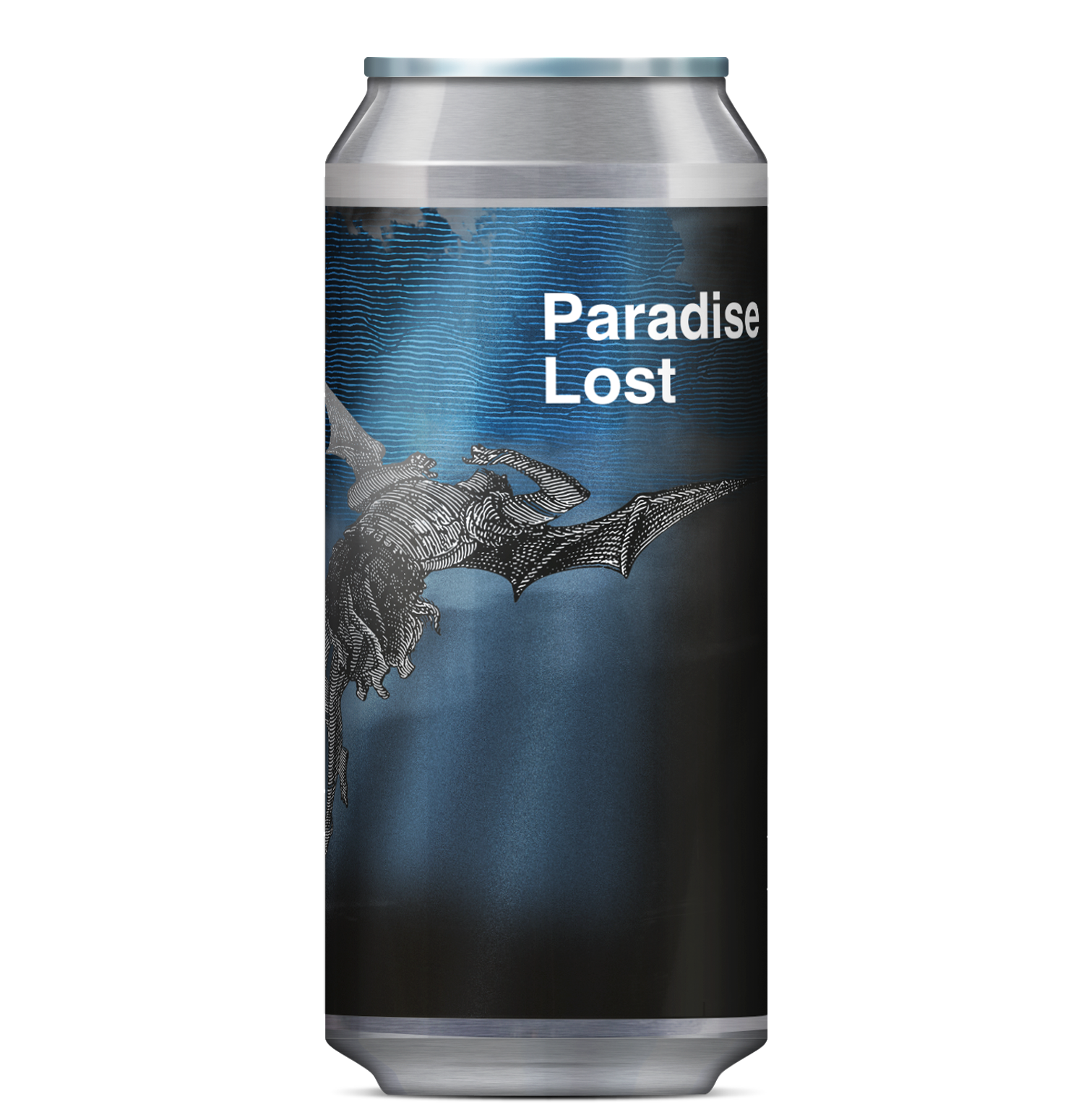World Updates | Update information about politics and social around the world
The Beach: Paradise Lost And Found
Our team analyzed countless studies, consulted with experts, and traveled to some of the world's most beautiful beaches to compile this comprehensive guide. We'll explore the hidden costs of mass tourism, the environmental damage caused by beach development, and the ways in which we can protect these fragile ecosystems for future generations.
Key Differences:
Transition to main article topics:
FAQ
This comprehensive FAQ section aims to provide answers to commonly asked questions and address common concerns or misconceptions regarding the multifaceted documentary "The Beach: Paradise Lost and Found," offering a deeper understanding of its themes and significance.

Paradise lost Stock Vector Images - Alamy - Source www.alamy.com
Question 1: What is the central thesis of the documentary?
The documentary explores the complex relationship between humans and the environment, focusing on the impact of tourism on Thailand's Maya Bay, a once-pristine beach made famous by the film "The Beach." It examines the tension between the desire for paradise and the ecological consequences it can bring.
Question 2: How does the documentary portray the evolution of tourism in Maya Bay?
The film traces the journey of Maya Bay from its discovery by tourists in the 1970s to its transformation into a mass tourism destination in the 2000s. It highlights the rapid growth in tourism infrastructure and the associated increase in pollution, overcrowding, and environmental degradation.
Question 3: What are the specific ecological impacts of tourism on Maya Bay?
The documentary details the detrimental effects of tourism on the bay's ecosystem, including coral reef damage caused by boat anchors and snorkelers, increased pollution from sewage and waste, and the displacement of marine life. It underscores the delicate balance of the bay's ecosystem and the need for responsible tourism practices.
Question 4: How does the documentary address the ethical implications of tourism?
The film explores the ethical responsibilities of tourists and tour operators in preserving the environment. It emphasizes the need for sustainable tourism practices, such as limiting visitor numbers, using eco-friendly boats, and educating tourists about responsible behavior. It also highlights the role of local communities in managing tourism and protecting their natural heritage.
Question 5: What is the message of the documentary for viewers?
The documentary concludes with a call for collective responsibility in balancing tourism with environmental protection. It encourages viewers to consider the consequences of their travel choices and to actively support sustainable tourism initiatives. It emphasizes the importance of preserving natural environments for future generations and the shared responsibility to ensure their well-being.
Question 6: How does the documentary contribute to ongoing discussions about environmental sustainability?
The documentary serves as a catalyst for ongoing discussions about environmental sustainability in the context of tourism. It raises awareness about the complex challenges faced by popular tourist destinations and highlights the need for a collective effort to promote responsible tourism practices. The film's insights and recommendations have been widely cited in academic research and policy debates on sustainable tourism management.
In conclusion, the FAQ section of "The Beach: Paradise Lost and Found" offers valuable insights into the documentary's themes, addressing common questions and providing further context. By exploring the documentary's multifaceted perspectives, viewers gain a deeper understanding of the environmental, ethical, and social implications of tourism and the need for responsible travel practices.
This knowledge helps to inform and empower travelers to make informed choices that support sustainable tourism and contribute to the preservation of natural environments for future generations.
Tips
Explore ethical and sustainable tourism practices to preserve fragile ecosystems for future generations. The Beach: Paradise Lost And Found offers insights and practical tips for responsible travel.
Tip 1: Choose eco-friendly accommodations and tour operators certified by reputable organizations, ensuring they prioritize environmental conservation.
Tip 2: Respect local cultures and traditions by dressing modestly and practicing mindful interactions, fostering cultural exchange and preservation.
Tip 3: Pack reusable items, such as water bottles, shopping bags, and utensils, reducing waste and promoting sustainability.
Tip 4: Support local businesses and purchase souvenirs from artisans, contributing to the community's economic well-being and preserving cultural heritage.
Tip 5: Conserve water and energy by taking short showers, turning off lights when leaving a room, and opting for low-impact activities such as walking or cycling.
Tip 6: Respect wildlife by maintaining a safe distance, avoiding feeding or disturbing animals, and supporting efforts to protect their habitats.
Tip 7: Be mindful of noise pollution, keeping voices low and respecting quiet hours, ensuring a peaceful and serene atmosphere for both locals and visitors.
Tip 8: Educate yourself about the destination's environmental and cultural significance, fostering an appreciation for the unique beauty and fragility of the region.
By embracing these responsible practices, travelers can contribute to the preservation of paradise, ensuring future generations can experience the same awe and wonder.
Transition to the article's conclusion.
The Beach: Paradise Lost And Found
The beach, a realm of sun-kissed sands and shimmering seas, has long been a symbol of both paradise and loss. Here are six key aspects that explore the multifaceted nature of this evocative concept:
-

Paradise View Of Tropical Exotic Beach Paradise Seaside Beach, Escape - Source pngtree.comTranquil Haven: A sanctuary of peace and tranquility, offering solace from life's storms.
- Ecological Eden: A vibrant tapestry of marine life and coastal ecosystems, showcasing the interconnectedness of nature.
- Memory Keeper: A canvas for cherished memories, capturing moments of joy, love, and nostalgia.
- Lost Paradise: A reminder of environmental degradation and the fragility of coastal landscapes.
- Elusive Sanctuary: A sought-after escape that often remains elusive, leaving behind a sense of longing.
- Sublime Infinity: A horizon that stretches to infinity, inspiring awe and reflection on the vastness of time and space.
These aspects intertwine to create a complex tapestry of emotions and experiences. The beach can be a place of profound serenity, where the sound of waves washes away worries. It can also serve as a stark reminder of the environmental challenges we face, prompting us to protect this precious resource. Ultimately, the beach remains an enduring symbol of our longing for paradise, both lost and found, reminding us of the beauty and fragility of the world we inhabit.

Sunset vibes Tropical beach Paradise typography summer beach design - Source www.alamy.com
The Beach: Paradise Lost And Found
"The Beach: Paradise Lost And Found" explores the illusory nature of paradise and the consequences of seeking it in isolation. The novel follows a group of young backpackers who travel to a remote island in Thailand in search of a secluded beach that is rumored to be a paradise on earth. However, they soon discover that the beach is not the paradise they had imagined and that their presence there has unforeseen consequences for the island and its inhabitants.

Paradise Lost Imperial Stout - Australian Craft Beer - Proudly - Source www.deedsbrewing.com.au
The novel's exploration of paradise lost is particularly relevant in today's world, where the search for instant gratification and the perfect life is often pursued through social media and the internet. The novel warns that this pursuit can lead to disillusionment and disappointment, and that true paradise can only be found in connection with others and with the natural world.
The novel also explores the importance of balance and respect for the environment. The backpackers' arrival on the island disrupts the delicate ecosystem and leads to conflict with the local people. The novel suggests that we must be mindful of our impact on the world and that we must strive to live in harmony with nature.
"The Beach: Paradise Lost And Found" is a thought-provoking novel that explores the complex themes of paradise, isolation, and the environment. The novel challenges the idea of paradise as a place of perfect happiness and shows that true paradise can only be found through connection and respect.
| Theme | Example | Significance |
|---|---|---|
| Paradise lost | The backpackers' discovery that the beach is not the paradise they had imagined | The novel suggests that paradise is an illusion and that the pursuit of it can lead to disappointment |
| Isolation | The backpackers' isolation from the outside world and from each other | The novel shows that isolation can lead to conflict and violence |
| The environment | The backpackers' impact on the island's ecosystem | The novel suggests that we must be mindful of our impact on the world and that we must strive to live in harmony with nature |
Conclusion
"The Beach: Paradise Lost And Found" is a novel that explores the complex themes of paradise, isolation, and the environment. The novel challenges the idea of paradise as a place of perfect happiness and shows that true paradise can only be found through connection and respect.
The novel's exploration of these themes is particularly relevant in today's world, where the search for instant gratification and the perfect life is often pursued through social media and the internet. The novel warns that this pursuit can lead to disillusionment and disappointment, and that true paradise can only be found in connection with others and with the natural world.